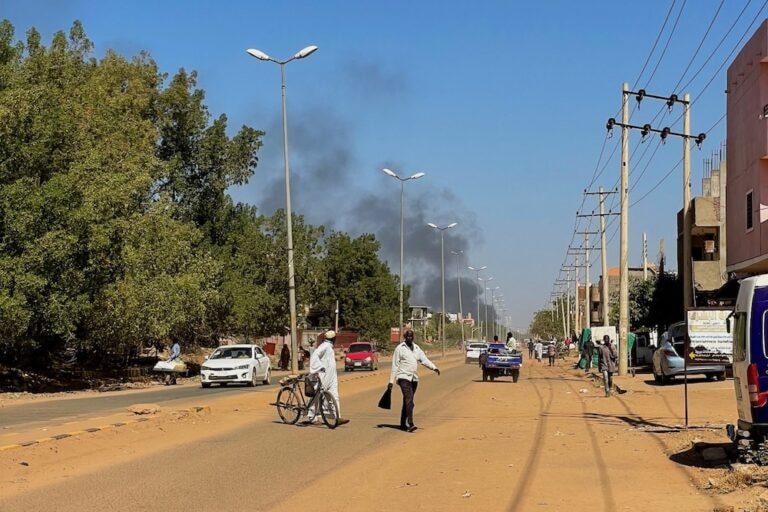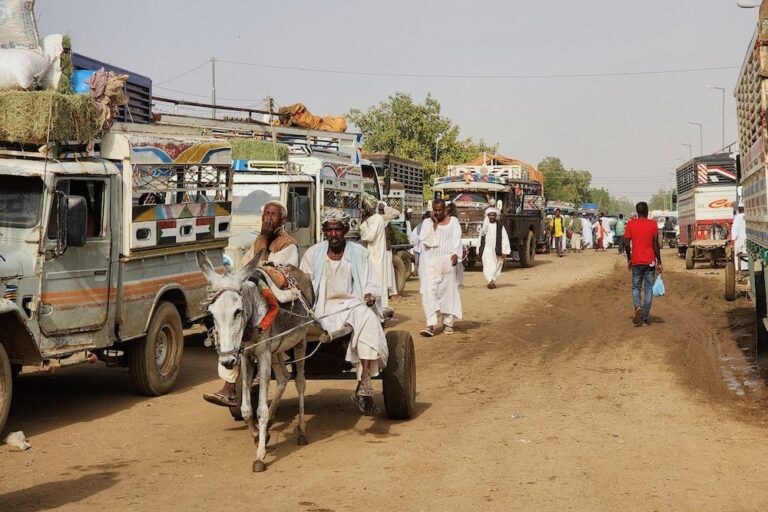As CPJ has documented, life in exile for any journalist generally is filled with fear and uncertainty, in addition to the struggle to find work and fulfill basic needs such as health care.
(CPJ/IFEX) – June 19, 2012 – The following is a CPJ Blog post:
With the launch of CPJ’s most recent exile report, I will have worked exactly three years for our Journalist Assistance program. More than 500 cases later, I have helped journalists who have gone into hiding or exile to escape threats; those in need of medicine and other support while in prison, and journalists injured after violent attacks. The most harrowing accounts of all, however, come from those crossing from Eritrea into Sudan. And things seem to be getting worse, not better.
Heavily patrolled borders, minefields, and a shoot-to-kill border policy make leaving Eritrea nearly impossible. If someone does get out, his or her family will pay a heavy price, including a 50,000 Nakfa fine (US$3,300), the equivalent of five years’ average household income, or indefinite detention, according to exiled Eritrean journalists and Human Rights Watch.
Yet thousands leave every year, among them journalists, fleeing one of the world’s most closed and repressive states. An unresolved border dispute with Ethiopia led to the mass militarization of society and suspension of basic rights, including freedom of movement and expression. The mandatory 18 months of national service can extend indefinitely. Detentions are without charge, trial, or access to family, and may include torture and starvation rations.
Of those who escape, more than half flee to the Sudan. As CPJ has documented, life in exile for any journalist generally is filled with fear and uncertainty, in addition to the struggle to find work and fulfill basic needs such as health care. In the Sudan, Eritrean journalist refugees risk kidnapping, physical and sexual assault, humiliation, looting, bribery, detention, and threat of return.


